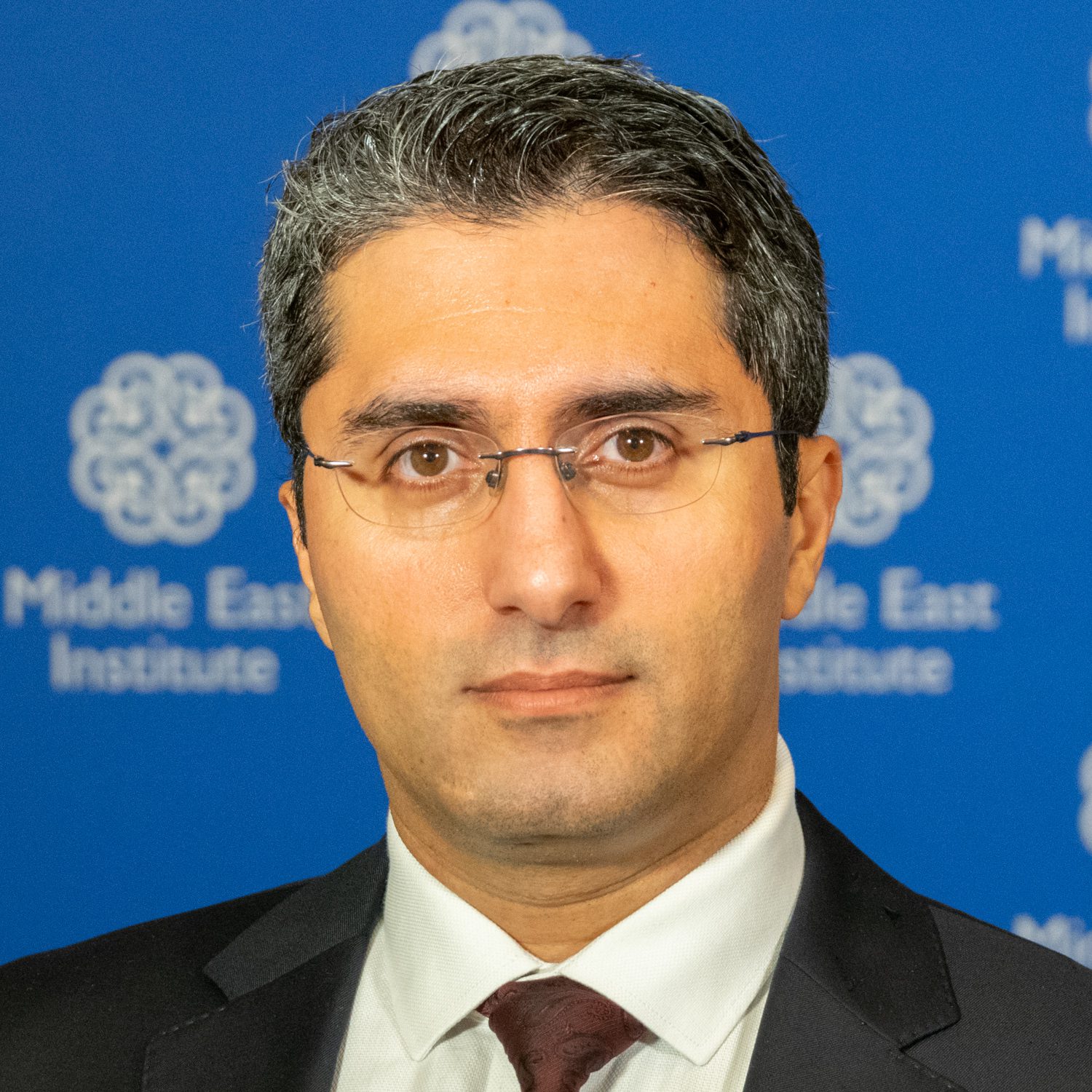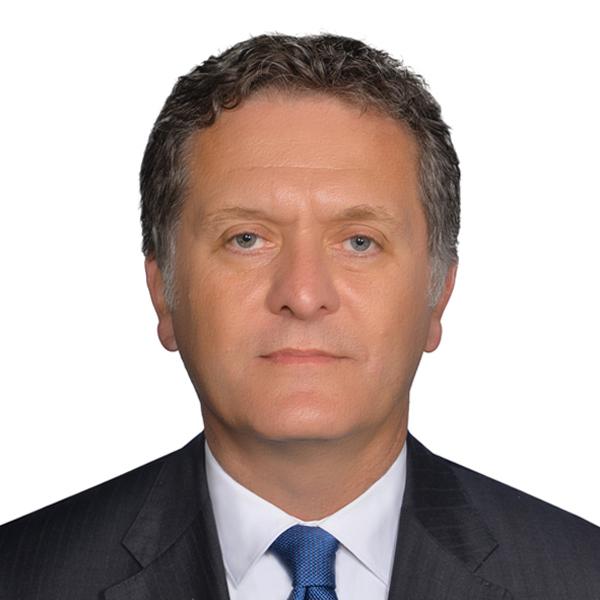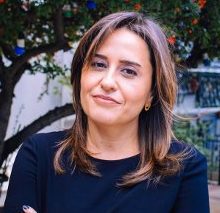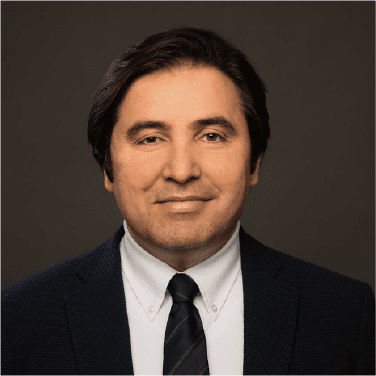Turkey’s New Regional Policy:
Reset or Escalation?
December 6, 2022
Summary
The Middle East Council on Global Affairs (ME Council) hosted a webinar on December 6, 2022, analyzing the recent recalibration of Turkey’s regional policy. While de-escalating with Arab Gulf states and Israel, Turkey is displaying dynamics of escalation in its policies towards Iraq, Syria, and regional Kurdish groups. These policy trends are unfolding against the backdrop of upcoming elections and an economic downturn in Turkey. In this context, the ME Council convened a panel of Turkish domestic and foreign policy experts to unpack Turkey’s new regional policy and its various drivers. Galip Dalay, nonresident senior fellow at the ME Council, moderated the discussion. The expert panelists included Evren Balta, chair of Özyeğin University’s Department of International Relations; Alper Coskun, senior fellow at the Carnegie Endowment for International Peace and former ambassador; and Guney Yildiz, Ph.D. Researcher at Cambridge University.
Dalay started by posing a question to Evran Balta on how Turkey’s domestic dynamics are shaping the country’s foreign policy. Balta responded that foreign policy reflects domestic political needs and functions as an instrument leaders use in pursuing their domestic aspirations. She argued that Turkish foreign policy is concerned with protecting the interests and needs of the economy, which is currently in crisis. The elections incentivize incumbent politicians to secure diversified sources of foreign financing through investment, trade, and loans to increase public spending. Turkey’s autocratization path has complicated access to Western sources of funding, and the country is seeking alternative lenders in China, Russia, and the Gulf states. These lenders, Balta contended, do not attach explicit conditions to their funding, unlike the West.
Balta also stressed that Turkey’s foreign policy is linked to state security concerns. Turkey has a long-established national self-identity and ontological anxieties around that self-perception. These anxieties relate to minorities in Turkey, specifically the Kurdish community, and to the intentions of Western actors in terms of challenges to Turkey’s territorial integrity following the Syrian crisis and events in Iraq. In her view, Turkish foreign policy is the outcome of these two domestic political concerns—economic and security needs. Moreover, foreign policy is a continuation of populist domestic politics as leaders seek to display strength to their citizens in their dealings abroad. This “rally around the flag” effect—where leaders become more aggressive in their foreign policy to consolidate their power—is particularly evident close to elections.
Dalay then turned to the Turkish foreign policy reset represented by reconciliation efforts with the United Arab Emirates (UAE), Saudi Arabia, Israel, and Egypt. Coskun identified two drivers of this reset. Firstly, an assessment by Ankara that the previous policy of alienation has not served Turkey’s interests. When it comes to Greece, Coskun stressed that Turkey is mending ties with Egypt to avoid coalitions forming against Turkey in the Eastern Mediterranean. Ankara’s objective here is to mitigate Greece’s influence in the region. Coskun also agreed with Balta’s point that Turkey is seeking funding from Gulf states, with the caveat that he does not see such funding as unconditional. Chinese funds come with the condition that Turkey ignores the Uighur issue. Saudi funds translated into Turkish policy changes regarding the Khashoggi case. Also, the Turkish economy remains overwhelmingly integrated into the Western economy, requiring significant structural change if Turkey wishes to meaningfully diversify its funding sources.
Dalay then asked if, given the recent reconciliation with Arab Gulf states, Coskun sees greater prospects for Turkey to enter the Eastern Mediterranean Gas Forum (EMGF). Coksun answered that Turkey’s domestic economic reality and diminished influence in the region from its policies of isolation make it difficult for the country to influence the course of reconciliation. Therefore, it is unlikely that Greece and Cyprus will allow Turkey to break into the EMGF. Dalay then mentioned that Turkey has been in the headlines recently due to a potential, new military operation in Syria against the Kurdish People’s Protection Units (YPG). He asked the panelists to analyze the dynamics of this escalation in regional policy. Yildiz asserted that the current escalation is primarily with the Kurdistan Workers’ Party (PKK) and their affiliates in Syria (YPG) and Iraq, as well as the unavoidable competition with Iran. Yildiz argued that Turkey is mixing electioneering with a counter-insurgency strategy. In previous instances of escalation, such as in June when Turkey amassed troops on the Syrian border, it was not the West or Russia that resisted Turkish interventions in Syria, but rather Iran. Today, Iran has its own domestic issues and Kurdish uprisings, creating an opening for Turkey to enter Syria. However, Turkey has benefitted from the status quo relationship with the PKK, curtailing its activity in Syria. Its new escalation risks emboldening the PKK and fomenting support for the PKK in the region.
In the question and answer session, panelists answered a question from the audience about the extent to which investments are being made quickly enough to have noticeable pre-election impacts on Turkey’s economy. Balta stated that cash is entering from China and the Gulf states, and Turkey has been reluctant to support Western sanctions on Russia following the War in Ukraine because of its economic needs. She also responded to Coskun’s point about the conditionality of non-Western funding. She argued that the political informality of non-Western funding arrangements often means that the amounts and conditions are not disclosed or made explicit. The conditions are often transactional, relating to domestic issues in the lending countries. In contrast, Western funding comes with explicit democratic conditions related to Turkey’s politics and institutions.
Dalay then pivoted to the question of Erdogan’s populist posturing. To what extent does his “Grand Man” image appeal domestically? Balta highlighted that populist rhetoric was previously vital to Erdogan’s strategy, portraying Turkey as a great power that does not receive the recognition it deserves from the West. However, foreign policy is now losing importance for voters as it is superseded by economic and other concerns. Coskun added that several foreign policy shifts could occur if the opposition comes to power. Namely, opposition parties would rekindle Turkey’s relationship with the West, maintain non-confrontational relations towards Russia and China, and renew Turkey’s democratic reform process. Syrian relations will remain an issue since mistrust cuts across political affiliations and would not be affected by a change in Turkey’s leadership.
Dalay concluded by asking what the future holds for autonomy projects in Syria. Yildiz predicted that the least durable autonomy project is the pro-Turkish administration in northwest Syria because of its poor governance performance. Slightly more durable, in Yildiz’s view, is the Syrian Salvation Government. The third, and most durable, is the autonomous administration led by the Kurdish groups, which has a relatively strong governance track record. Yildiz also contended that Islamic State (ISIS) groups could return if a political vacuum emerges, because it has not been defeated ideologically, only militarily through consistent attacks from the YPG and the international coalition. Ultimately, how groups govern and develop their administrative capacities will be critical in determining their projects’ durability.
Speakers

Guney Yildiz
Ph.D. Researcher, Cambridge University

Alper Coskun
Senior Fellow at Carnegie Endowment and former ambassador

